Grandparents and child care
Families in Australia Survey report
July 2022
Overview
This snapshot highlights key findings about grandparents providing child care from the Grandparents and Child Care in Australia research report. It uses responses from 2,383 grandparents (mostly grandmothers) who completed the third Families in Australia Survey in May-June 2021.
Grandparents providing child care
Two in five grandparents with a grandchild aged under 13 years were providing some child care.
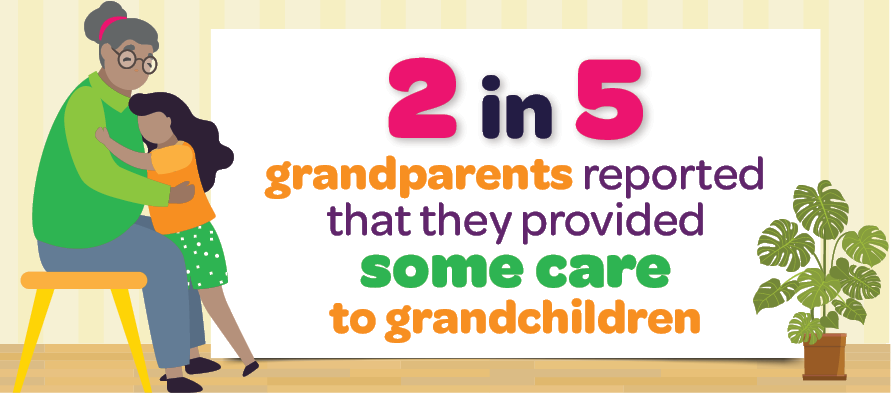
Grandparents were more likely to provide care to younger children. If the youngest grandchild was under 10 years, more grandparents were providing child care (63%) than if the youngest was 10-12 years (33%). Grandparents with younger grandchildren were also more likely to provide child care once a week or more.
Grandparents who lived closer to grandchildren were more likely to provide child care. Though grandparents' age and health also made a difference to whether they were likely to provide child care.
Whether grandparents worked or not made no difference to whether they provided child care. However, those working full-time hours were less likely to provide long hours of child care.
How often grandparents provided child care varied (see Figure 1).
Figure 1: Frequency of child care by grandparents, by age of youngest child
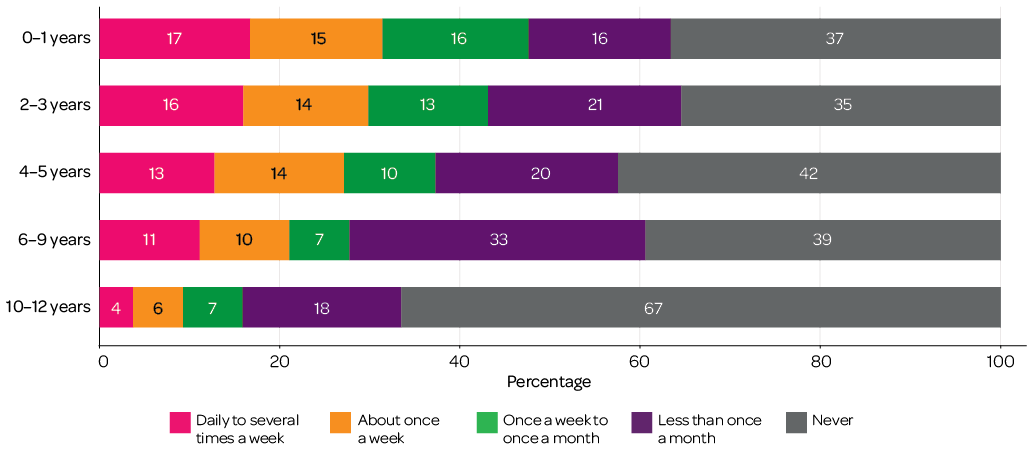
Occasional, regular or school holiday care
Grandparents more often provided child care on a casual or occasional basis (62% of those providing child care), compared to regular (39%) or school holiday (26%) child care. About one in five grandparents provided a combination of these.
Grandparents providing longer hours of child care (i.e. at least 10 hours per week) were often providing regular child care.
Figure 2: Proportion providing occasional, regular and school holiday care among grandparents providing child care, by usual weekly hours of care provided
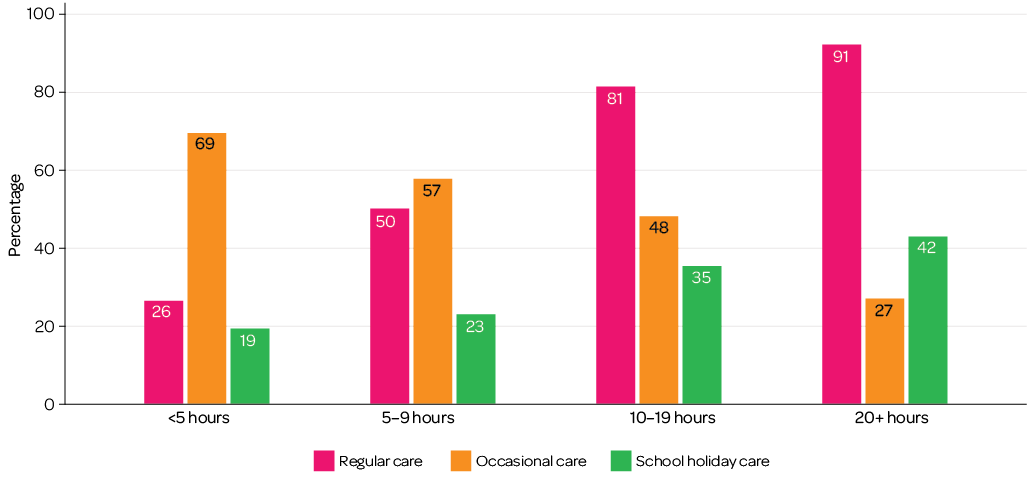
Reasons for grandparent child care
Grandparents gave a variety of reasons for providing child care - many giving multiple reasons.
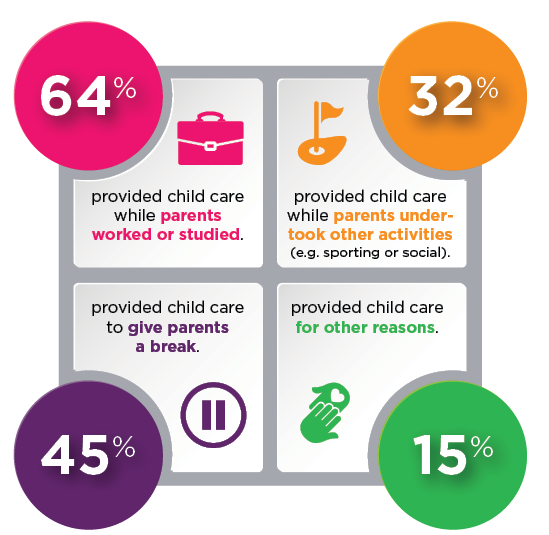
Other motivations for providing child care included:
- wanting to spend time with grandchildren (96% agree/strongly agree)
- helping their children in other ways [than financial] by providing support and care to the grandchildren (93% agree/strongly agree)
- preferring the grandchildren were not cared for by strangers (77% agree/strongly agree)
- helping children financially by reducing their child care costs (71% agree/strongly agree)
- feeling they could not say no when asked (28% agree/strongly agree).
The experience of providing child care
Providing child care was typically a positive experience for grandparents (e.g. 97% reported they enjoy providing the care, including 72% who strongly agreed with this; see Figure 3).
Figure 3: Wellbeing relating to grandparent provided child care
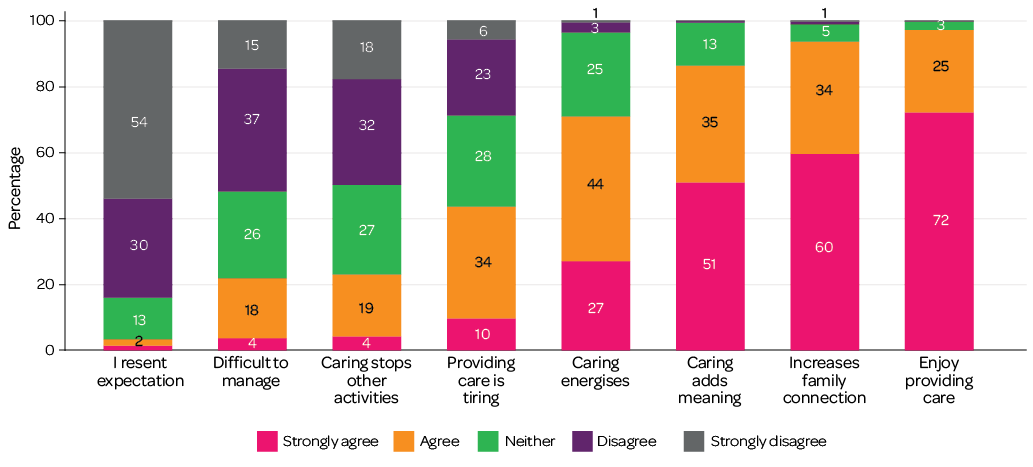
Nearly half the grandparents indicated that providing child care could be tiring. But even among these grandparents, most said that they enjoyed providing the care and that it increased family connections.
Grandparents providing longer hours of child care more often reported that providing child care was difficult to manage alongside other activities and responsibilities.
Barriers to providing child care
Grandparents were asked if they had grandchildren they would like to care for but do not.
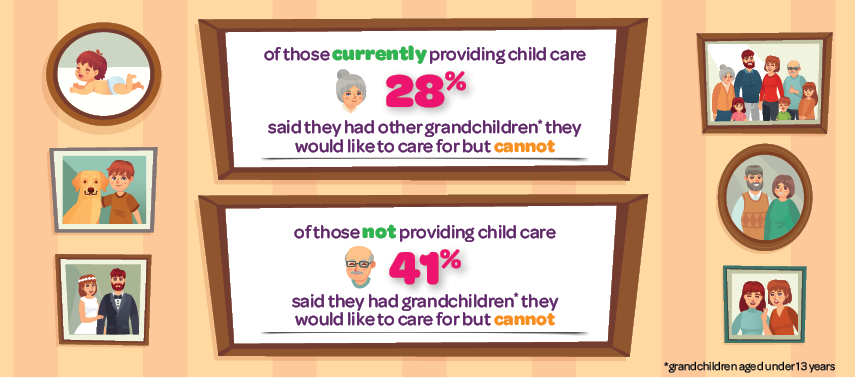
Figure 4 shows some of the barriers to providing child care. The barrier most often faced was distance. The next most often experienced barrier was a breakdown in the family relationship.
Figure 4: Barriers to providing child care to grandchildren among grandparents who would like to provide child care (or more child care)
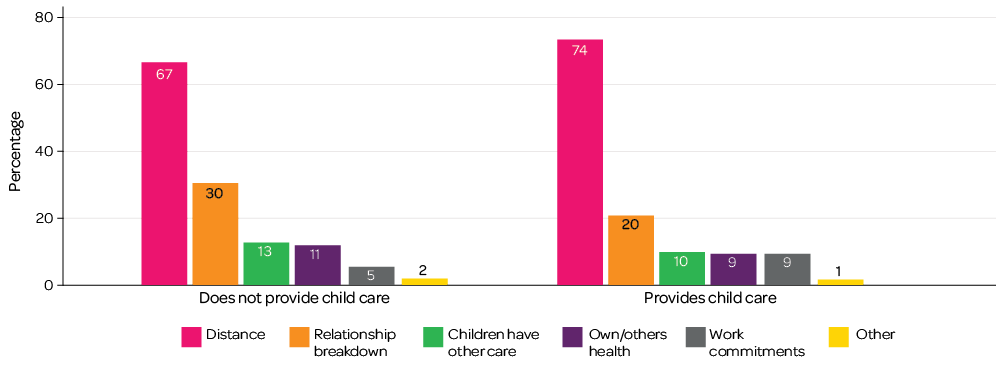
Grandparents on grandparenting
More than 1,000 grandparents provided a comment about their grandparenting in the survey. See Grandparents and child care in Australia research report for more findings from these responses.
Very often they expressed their positive feelings about grandparenting, even if challenges were noted at the same time. For example:
I enjoy it very much and they are always pleased to have me care for them. It's a wonderful time watching them grow up and learn things.
Grandfather, aged 66
Although tiring, caring for our grandchildren is the most joyful and meaningful activity we have, the time we didn't have as parents, we now have to care for and enjoy our grandchildren. We are also aware this is a window of opportunity of about five years in each child's lives before they branch out into the wider world.
Grandmother, aged 74
Others highlighted challenges or barriers to providing child care. This included reference to grandparents' age, impacts of health, caring or work responsibilities, or difficulties managing more intensive care needs. For example:
I wish we could provide more child care but due to husband's disability not able to. Grandchildren have no other family supports at all.
Grandmother, aged 70
I would love to see her more frequently, but when not in lockdown I am working at every possible moment in casual jobs to pay my bills.
Grandmother, aged 65
Some grandparents commented that they spoke up when requests for child care were too demanding or too disruptive and indicated this helped minimise negative impacts.
More information
See the full report for more detailed findings, and more information about the survey, the questions and analysis used.
About the Families in Australia Survey
This research used the third Families in Australia Survey. This online survey was conducted from 19 May to 30 June 2021 and was open to anyone aged 18 years and over living in Australia. The Families in Australia Survey is conducted by the Australian Institute of Families (AIFS) to find out about family life in Australia. See Families in Australia Survey for more information.
A convenience sampling approach is used, which means the survey reaches a broad range of Australians through promotion of the survey on social media platforms, traditional media outlets and contact through mailing lists and direct approaches to contacts. In total, there were 5,985 participants to this survey, including 2,383 aged 40 years and over who indicated they had grandchildren. Most (2,095) were female. The convenience sampling approach and reliance on an online survey results in some biases. It is not likely to represent the experiences of all demographic groups, including those from lower socio-economic backgrounds and non-English speaking backgrounds.
Authors: Jennifer Baxter
Editor: Katharine Day
Graphic design: Lisa Carroll
Featured image: GettyImages/eclipse_images
Baxter, J. (2022). Grandparents & child care. (Families in Australia Survey snapshot). Melbourne: Australian Institute of Family Studies.
Related publications
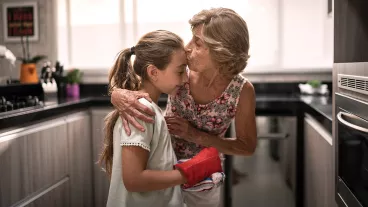
Grandparents and child care in Australia
This research report focuses on this caring role, exploring grandparent child care from the perspective of the…
Read more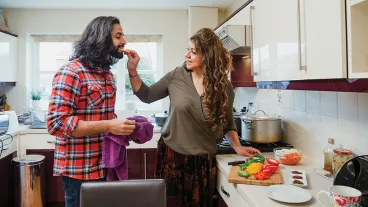
Relationships within the family
This snapshot discusses an overview of findings from individuals reporting on different family relationship…
Read more
Families’ concerns about finances
This snapshot reports on families’ experiences of financial concerns and stresses at May–June 2021, as captured in the…
Read more